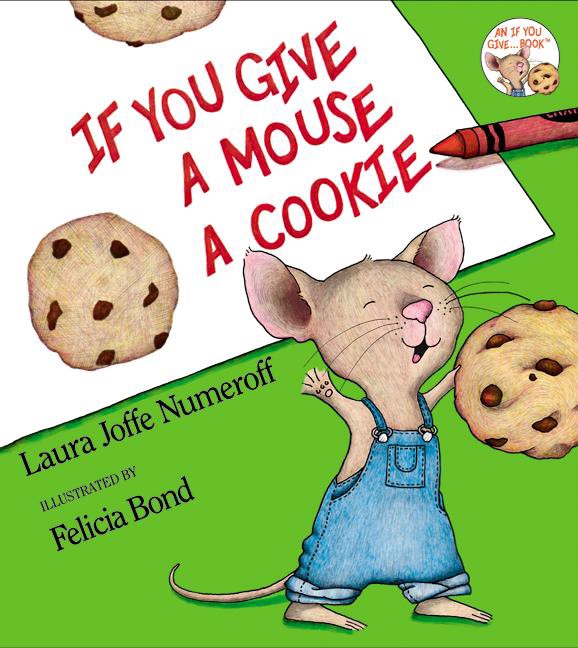Scientists Find New Way to Describe Greed
by Liz Colville

If you make an impulse purchase that doesn’t really vibe with your vibe, it could, ironically, set you off down a spiral of spending, otherwise known as a spree, in dire cases known as shopaholism (shopism? shopaholicism?). Two marketing professors, writing in the Journal of Marketing Research, determined, in the words of Discovery News:
When shoppers purchase an item that doesn’t match their other belongings, they tend to become both frustrated and motivated…Instead of returning the item, these shoppers buy even more stuff that will make the new possession feel more at home.
More at home! This phenomenon, described in the children’s book If You Give a Mouse a Cookie and its sequel, If You Give a Moose a Muffin, can also simply be described as greed, but the researchers seem to want to differentiate this “frustration” and “motivation” from regular old greed. These particular spree-bound people get frustrated because they want to try to work the purchase in; to justify its presence in their lives; “I can do this.” This is not a modern phenomenon; even (E)nlightened people fell victim to it:
The 18th-century French philosopher Denis Diderot, for one, wrote an essay about an elegant red dressing gown that he had received as a gift. As soon as Diderot put the garment on, his study looked scruffy to him in comparison, which led him to redecorate the entire thing, with new drapes, furniture, a clock and more. By the end of the essay, the philosopher realized that one beautiful object had both depleted his finances and made him deeply unhappy.
Yes. The problem with money is that perhaps eventually you don’t even have a “personal style” anymore, if you ever did; you’re just a rich person with rich people “frustrations” (“Who am I, purchase-wise, today?”) and several homes in which perhaps nothing feels “at home,” because you are never in any of them for very long: does a sofa make a squeaky sound if there’s nobody there to sit in it? Etc.